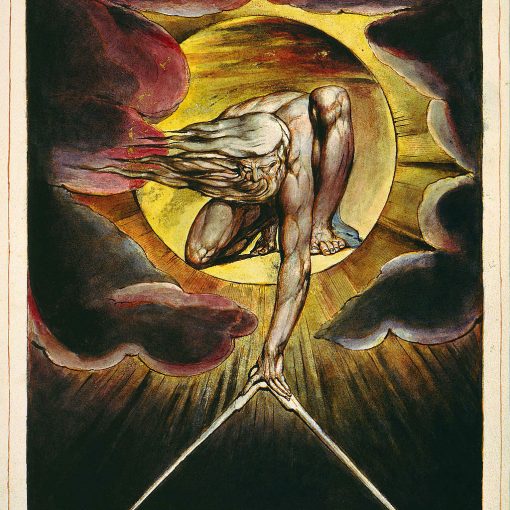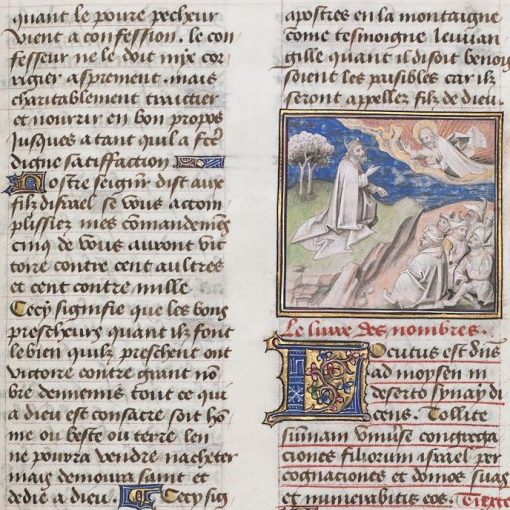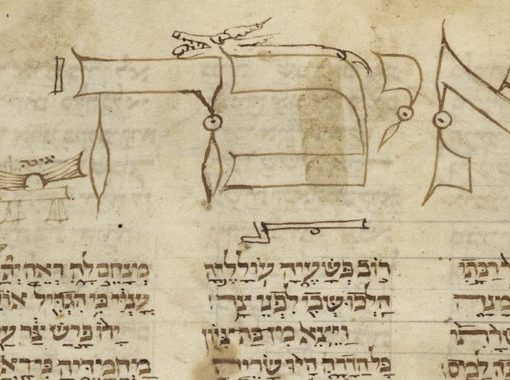This is an entry in the “Acrostic Contemplations.”
“Our Father, who art in heaven…”
Fatherhood is a term referring to the state of being a father, not the biological fact of “fathering” a child, but rather the lived experience of being a father, engaged with and a part of rearing children. “Fatherness” is a term I thought I had coined, I had never heard or seen it used before, but I find the internet says it is a synonym for fatherhood. That isn’t what I had in mind. Fatherness is the nature or quality of being a father, just as “otherness” is the the quality or nature of being different or distinct. Fatherhood is the experience, while fatherness is essence. I suppose “paternal” might be the similar, but then it would not start with “F” and carries the additional connotation of condescension. My question is this, “What does it mean to be a father?”
Christians often think of God as their Father, the Father of All, even as we have been made co-heirs with Christ. We pray, “Our Father, who are in heaven, hallowed by Thy name.” Yet the images we have of human fathers in the Bible are distinctly negative. In fact, there is not one single positive example of a father in the Bible. The closest we can infer is Joseph, Mary’s husband, and he disappears from the narrative and, for all we know, Jesus’ life, after he is presented at the Temple. Instead we find David who allows one son to rape his daughter only to be murdered by the other son, who later attempts to overthrow him in a coup. Consider Isaac who taught his sons how to cheat their father or Jephthah (Judg. 11:29-40) who sacrifices his daughter in a misplaced vow to the LORD. While there are some mothers in the Bible who offer dubious examples, such as Rebekah showing undue favoritism to Jacob, there are several mothers in the Bible who exemplify חסד (chesed), true loving kindness and grace towards their children, most notably Hannah and Mary. There are no examples, however, of positive, nurturing human fathers in the Bible.
Referring to God as Father is a relatively rare thing in the Bible prior to the Gospels. It is found in the Psalms in reference to the King (Ps. 2) and in Malachi, where we come closest to the notion that emerges in the New Testament; “Have we not all one father? Has not one God created us?” (Mal 2:10a) By the time of Jesus to utter a prayer to “our father, who is in heaven” is not terribly remarkable. (Calling God “my Father,” on the other hand is remarkable and something for discussions another day.) God as a father figure is problematic for many, since their own example of a human father may have been abusive, neglectful, or simply absent. It is understandable then that people with such experiences should recoil at the use of such language in worship. Yet all of history also tells us that human kings are not only incredibly flawed but most often responsible for great acts of selfishness (and best) and evil (not infrequently, from an historical perspective). Still, because we in the US have not had a monarch for some time, we tend to let that language slide.
The truth is that the essence and nature of being a parent, father or mother, cannot be found directly in any particular verse in the Bible. Sure, there are passages in Proverbs that speak of how to rear a child (without sparing the rod) and so on, but the examples of parents, particularly fathers (and the emphasis there is due to the patriarchal context, no doubt) are of the decidedly negative end of the experience spectrum. Yet negative examples serve a role as well and we often forget that this is precisely what the biblical narratives are trying to get across to us. The story of Jacob’s tricking his father into blessing him isn’t supposed to teach us to use whatever means necessary to get what we believe God has promised us, it is that our patterns of deception will come back to be used against us. How do we know this? Because Jacob’s sons used exactly the same technique, goat and clothing and all, to trick old Jacob into believing beloved Joseph was dead. The quality of being a father, this “fatherness,” has to be found in the broader view of the Bible and of life.

A father does not carry the child in his own body, does not feed it from his own vitality. There is an intimate bond that a mother has with a child that a father will never have. On some level, the father is always in the role of nervous spectator, anxious to help, protect, and care, only an arm’s length away, yet always an arm’s length away. Father and Mother share the wrenching experience of the drawing out of themselves a piece of their own being, seeing it walk around, taking risks, loving others, being silly and wonderful, and getting hurt. We experience that and know that we must allow this portion of ourselves its own experiences and failures, because while it is of us, it is not us; they must become themselves.
When we then consider how God has so loved the world, we get an inkling of the grief and the joy that we bring to God. And we understand why God gave it all up for us.






One thought on “F is for “Fatherness””